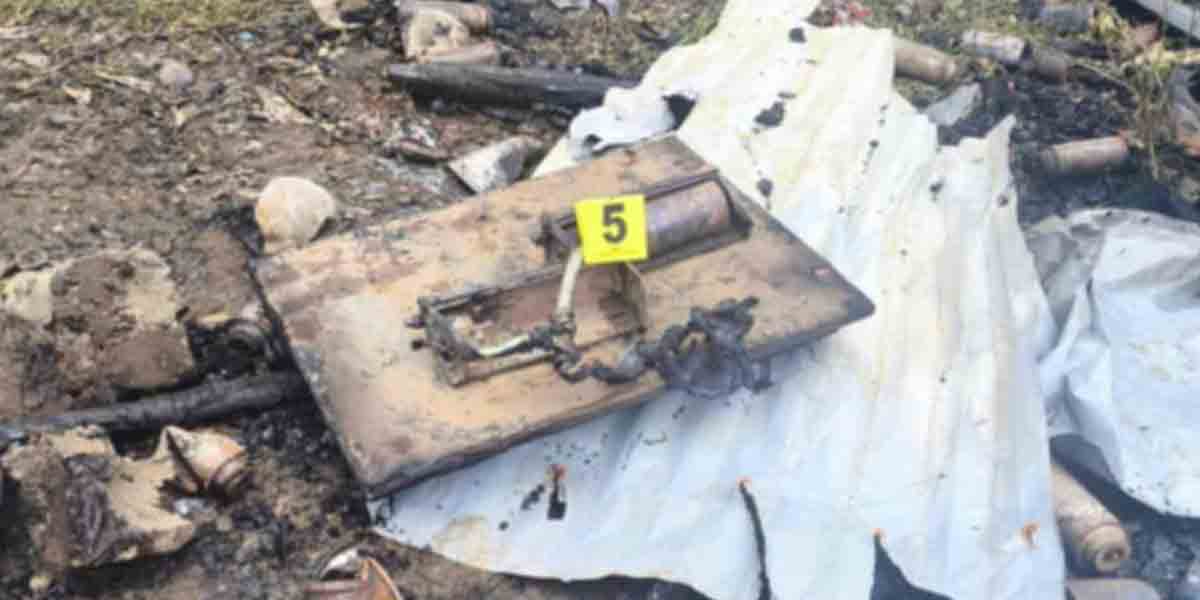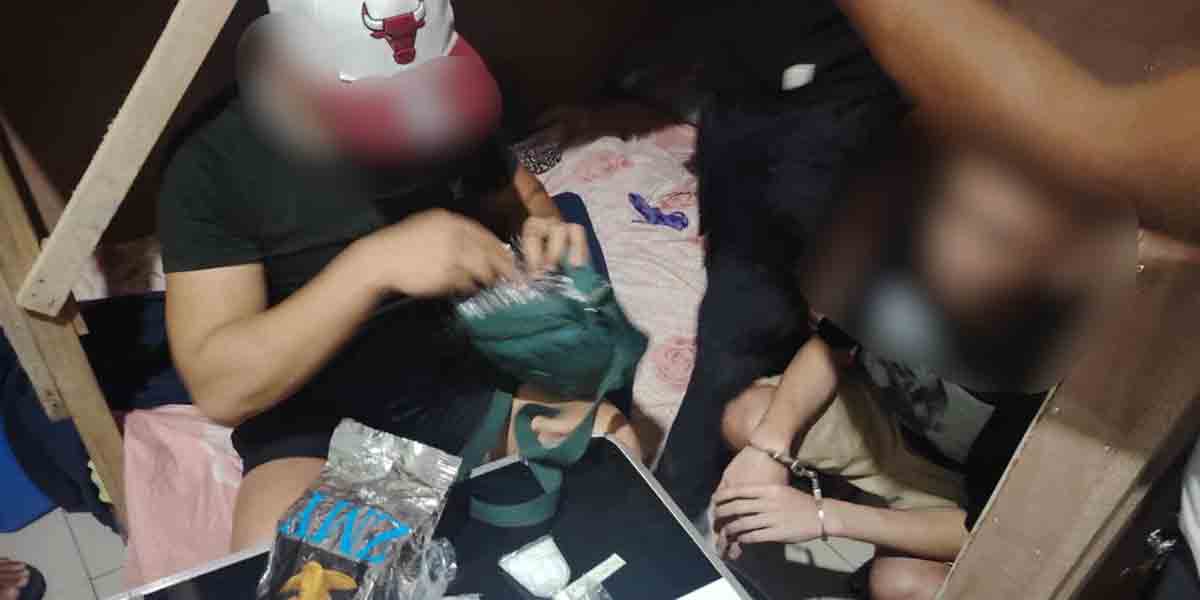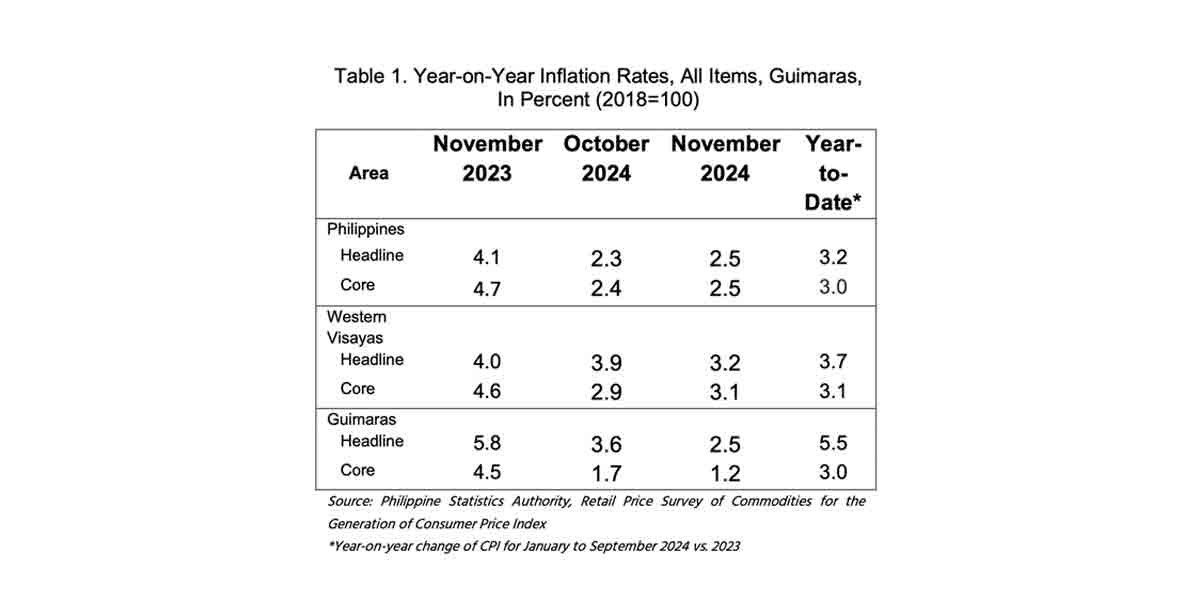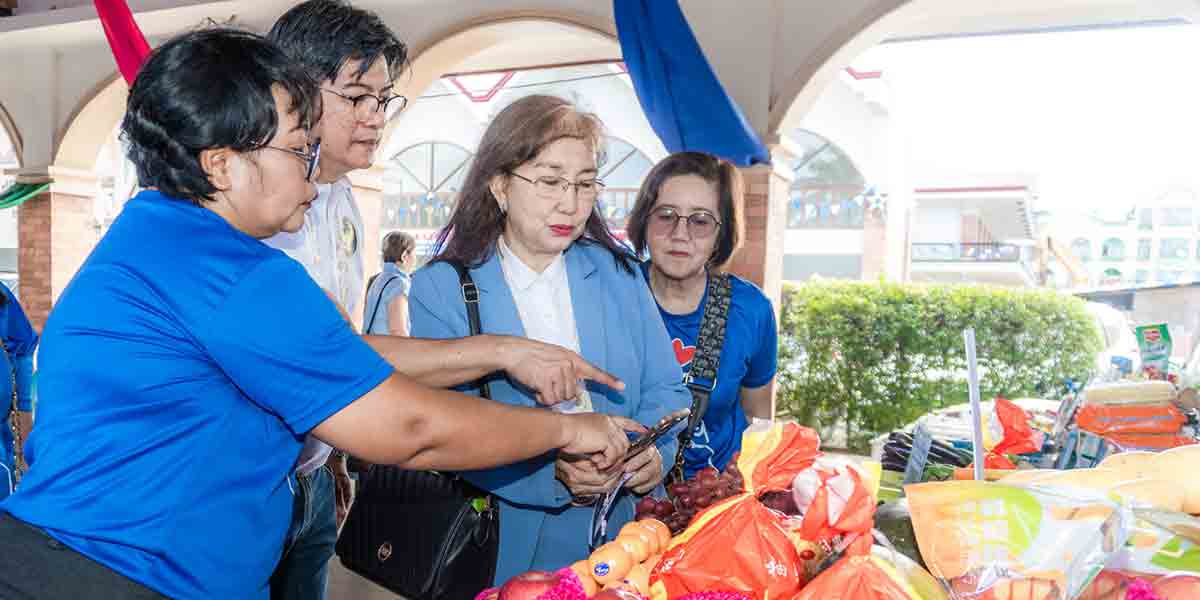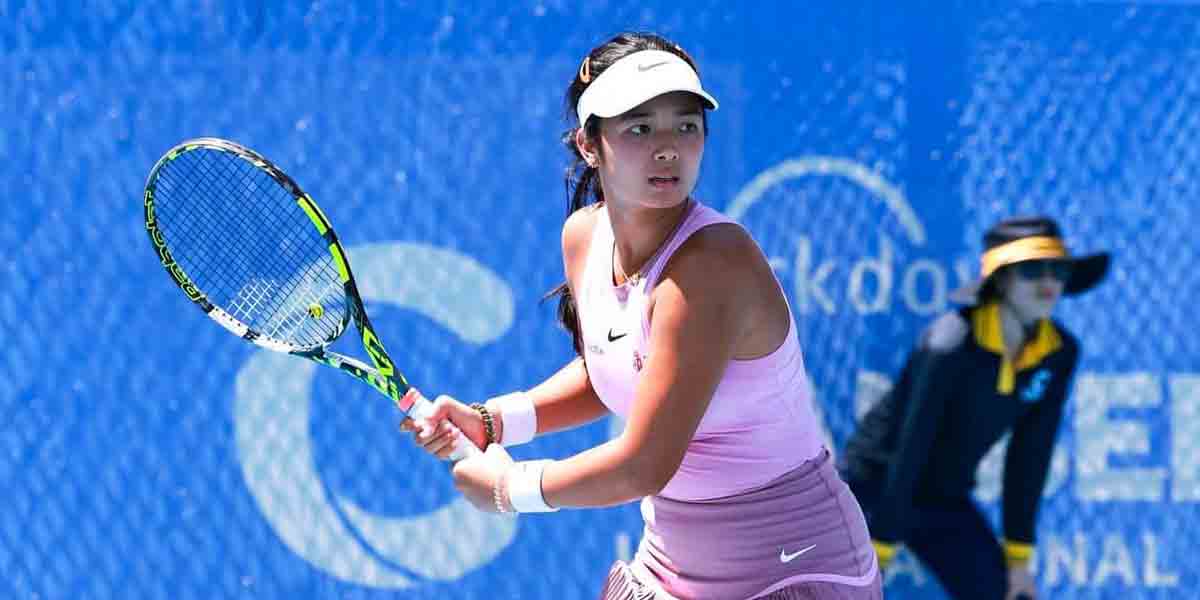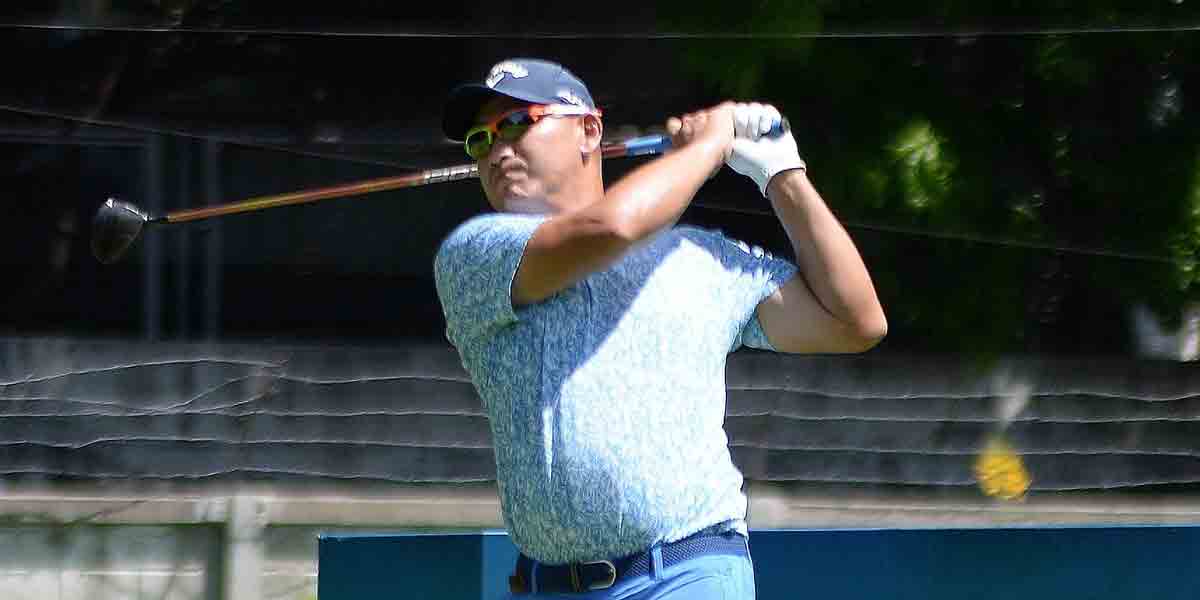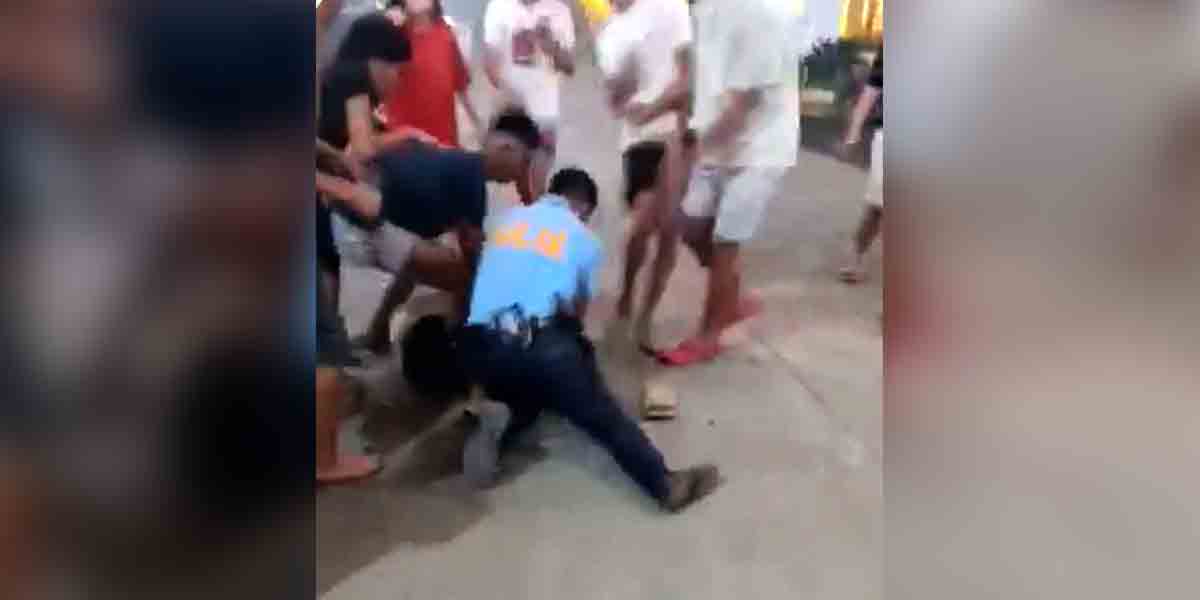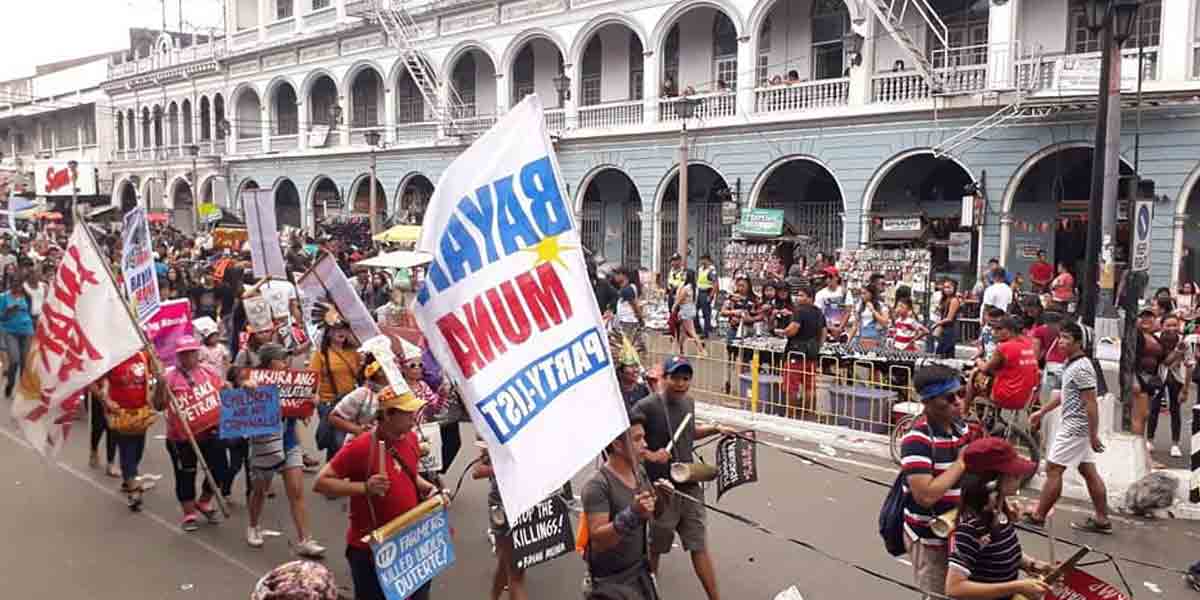By Joseph B.A. Marzan
FIGHTING AN ‘INFODEMIC’
Dr. Beverly Lorraine Ho, Director of the Health Promotion Bureau of the Department of Health (DOH), discussed the importance of the press in fighting the mis- and disinformation amid the COVID-19 pandemic.
Dr. Ho cited the statement of World Health Organization (WHO) chief Dr. Tedros Ghebreyesus that the world “was not just fighting a pandemic, but also an ‘infodemic’”.
An “infodemic” has been described by Ho as the rapid spread of disinformation about a topic–including content that is false and unclear–that makes it hard to know what to believe.
Ho said that the novelty of COVID-19, which “brings about new information almost every day”, makes learning about and combatting infodemics as a “challenge”.
She added that it can affect all aspects of life, stating that there has been around 50 to 70 percent rise in looking up COVID-19 information on the internet.
She also cited a study by the Center for Network and Data Science which found that at the peak of news about COVID-19 in March 2020, there were 123,623 news articles popping in a single day.
Another data Ho cited, which was more recent, showed that there have been around 3.6 million academic articles about COVID-19 on Google Scholar.
“This is very, very important as we fight the COVID-19 pandemic because new information inevitably is coming out. It is not an extremely precise science, and the science actually is evolving every day especially during the earlier part of the pandemic. Among health care workers, there is already a rapid fire of new information, and if it is translated for laypeople, it gets complicated,” Ho said.
She also shared that the DOH also struggled with engaging with social media platforms on tracking information relative to the COVID-19 pandemic.
The DOH attempted to do rumor tracking in several areas of the country with their partners, which she said they found “scientifically difficult”.
To be able to address rumors regarding COVID-19, the DOH came up with chat groups on Viber, one for the general public, and another for healthcare workers and volunteer health workers.
They also came up with various mechanisms, in partnership with various government agencies and private organizations, to touch base with the masses on information to ensure that only verified information could go around.
“It’s easy for us to say that ‘Okay, this message or infographic had several views, reach, etc.’, but actually, the messages that go along chat groups, they are the ones you cannot seem to track. It was so difficult for us to collect [rumours] and the hopes of having a more systematic way to address it or even develop tools to help our health workers address it,” Ho said.
With the role of the people, Ho enumerated four ways to help stop the infodemic:
-Be critical when looking at social media;
-Don’t leave false information in online networks. People can ask the persons who shared the information to remove them;
-Report false information to platform administrators; and
-When in doubt, take time to share verified information.
Ho said that the current challenge amid the infodemic is the narrative on COVID-19 vaccination, which she adds must be a “collective responsibility”.
She cited a survey conducted by Pulse Asia in December 2018 which showed the top reasons for people preventing themselves or their families from getting vaccinated, including fear of possible side effects, disbelief in vaccine effectiveness, and relatives or friends being against vaccines, which she said were things that may be influenced by information.
The same survey results also showed the DOH, Health Care Providers, Relatives, and Friends as the top four who can convince people to get vaccinated.
“It is important for all of us to collectively work towards getting everyone in the country on board towards this vaccination program. For the possible side effects, disbelief in effectiveness, and relatives or friends against vaccines, those are things we can easily modify and where you and I have a role to play,” Ho said.
A DIFFERENT KIND OF EPIDEMIC
De La Salle University College of Law Dean, Atty. Chel Diokno, described several events under the Duterte administration as a “different kind of epidemic”, in his discussion about human rights.
“Before COVID-19 came around. We were already suffering from an epidemic. But this is a different kind of epidemic that did not affect our human bodies, but rather the human body politic, and that really was what we experienced over the last few years, an epidemic of extrajudicial killings, an epidemic of abuse of power, and an epidemic of that feeling of tyranny through the use of fear,” Diokno said.
Diokno added that the COVID-19 pandemic has made the people “more aware” of the injustices happening in the country, due to the fact that many have shifted to online means for their engagements.
He cited as examples the “inhumane” responses of several local governments to quarantine violators and the passage of several laws which “made it harder” for Filipinos to exercise basic rights and freedoms.
“The existing health pandemic made the epidemic even worse, because we all had to go online and made us more aware of what was happening to fellow Filipinos. Thinking about our cultures, we have a very strong sense of injustice. Many videos about injustice go viral easily as I have noticed. We immediately know in our stomach that it is wrong. But sad to say, during the lockdowns, we saw that kind of injustice that really went to the heart of human dignity,” Diokno said.
He called incidents during the pandemic as a “double standard of justice”, which he said leaned towards those who had better connections to the authorities.
“I think what we have seen is a double standard of justice, where you have those who are well-connected get the best measure of justice or kindest justice, while those who are ordinary people and those in the marginalized sectors cannot expect to get that kind of justice,” he said.
Diokno said that there was a need for compassion and competence in addressing this “epidemic of injustice”.
He added that getting people to register as voters and to vote wisely in the 2022 National and Local Elections on May 9, 2022 is a good start.
“What we really need is a mixture of compassion and competence, and that is what we are sorely lacking as well as some reverence for human dignity. We have to take advantage of every opportunity to speak truth to power, in whatever forum is provided us. We must be vigilant and must always be ready to call out disinformation and propaganda. We should be able to report it, document it, and hold people accountable for what they have done. If we really want to fight disinformation, we also have to get people involved, and that includes getting them registered and to vote wisely,” he added.


